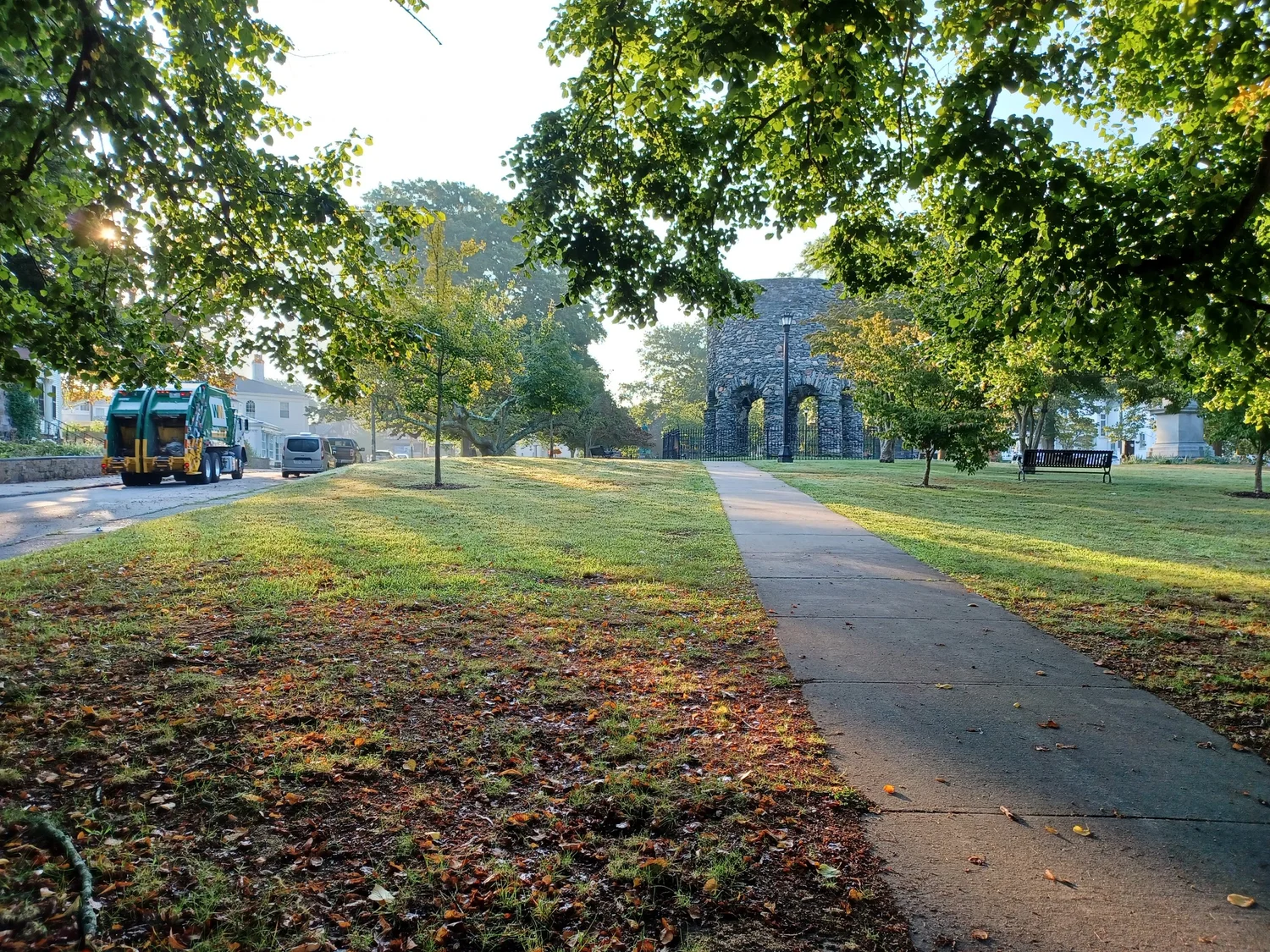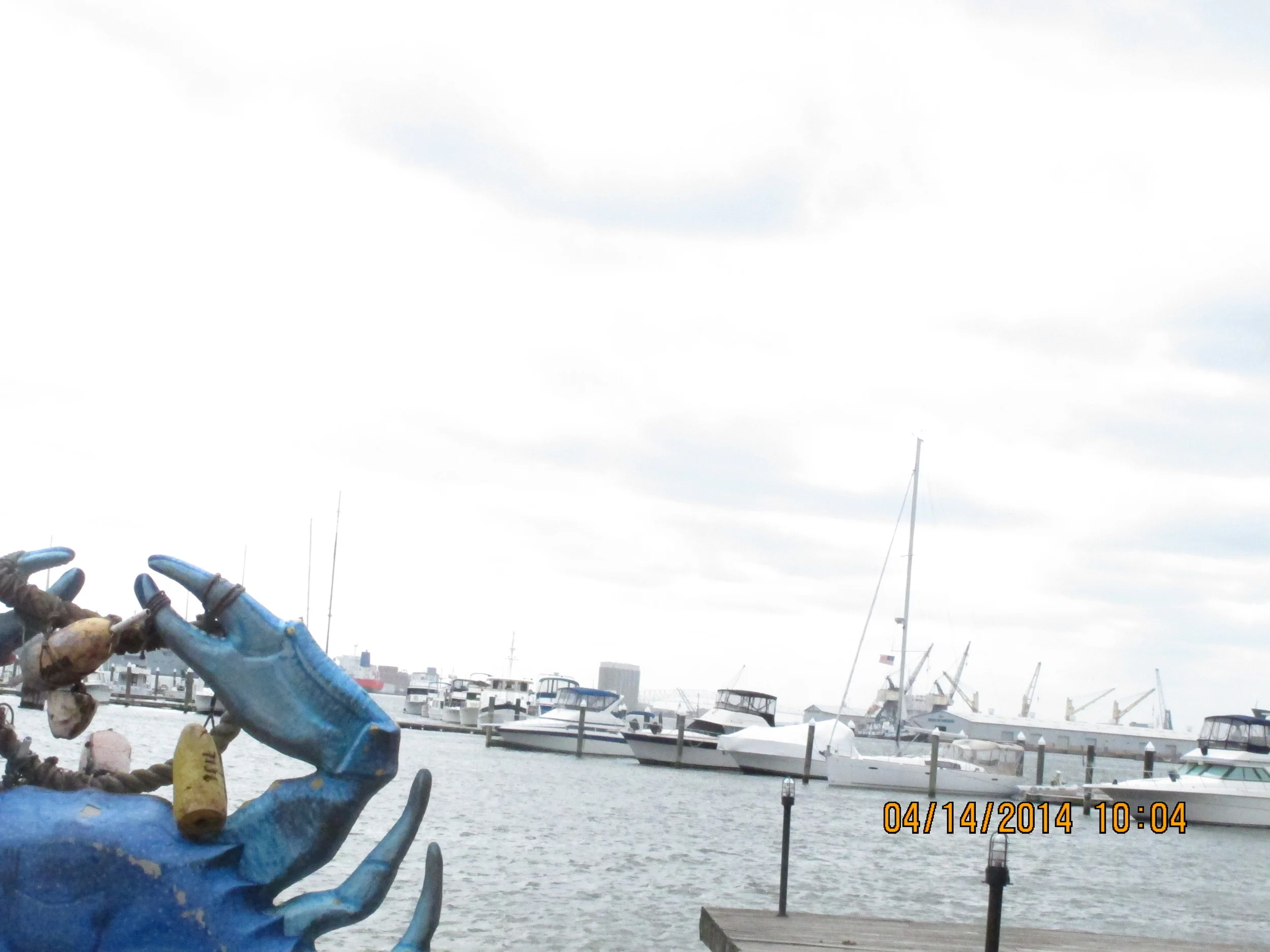When Hiding Exposes You Even More
/This post comes on a rattling commuter train, just now chugging past a cemetery to the north and a brick warehouse with rooftop solar panels on the south. It tries to map an analogous place between honoring what’s lost and finding what’s possible.
It also comes hard, as musings about “us” learning to “get along” ring hollow while innocent people die in war. My Jewish tradition teaches that any innocent life lost comprises a lost world. So these suggestions about surviving the next few climate-warped decades come from a mournful spirit. I hope that earns them a few turns in your mind.
Riding around Manhattan, you notice posters with red banners showing portraits of murdered Israelis and shrines to innocent Palestinians, including one under a Palestinian flag in Cooper Square. You also see robin’s-egg-and-canary Ukrainian flags and off-color Putin repudiations. I haven’t seen dialogue, in part because war represents the failure of dialogue and these physical howls comprise part of a war. But as I’ve lamented in other posts, you generally don’t see dialogue in subway stations or in bars or in workplaces. You generally see people with heads down, perhaps producing posts instead of posters.
Dialogue remains possible, even at humanity’s limits. Were that not so, wars would crop up even more than they do and cities would convulse. And even if dialogue over something as raw and complex as the Israel-Palestine conflict comes especially hard, dialogue over things like public space or public schooling should lie in most adults’ reach. Yet on those things, too, the grammar runs to statements.
Consider trees. In a resilience project that many watchful citizens have rightly criticized in public meetings, New York City cut down a buncha (to use a technical term) tall trees in East River Park. And many more citizens plastered the park with posters charging the government with “ecocide” and urging folks to tie themselves to the trees. Jeff Goodell’s book The Heat Will Kill You First notes the worry that “tree people” will stymie many honest attempts at flood-prevention planning, and a planner I admire has privately worried to me about these same “tree people.”
When the management in my apartment complex proposed cutting down a tree that it said was digging up roots, staff ran off a poster to explain the decision. A poster from a nameless resident followed within days, urging us to email the board in defense of a tree.
The lack of dialogue in war roars out in bombs, slaughter and loss. The lack of dialogue in adaptation dribbles out in empty seats at public meetings, unformed words from people who’ve conditioned themselves to tap out emojis instead of hashing out compromises, and unexplored processes through which people can honor ones we’ve lost while fostering safety, visible work, and brighter tomorrows for those of us still sharing space.


